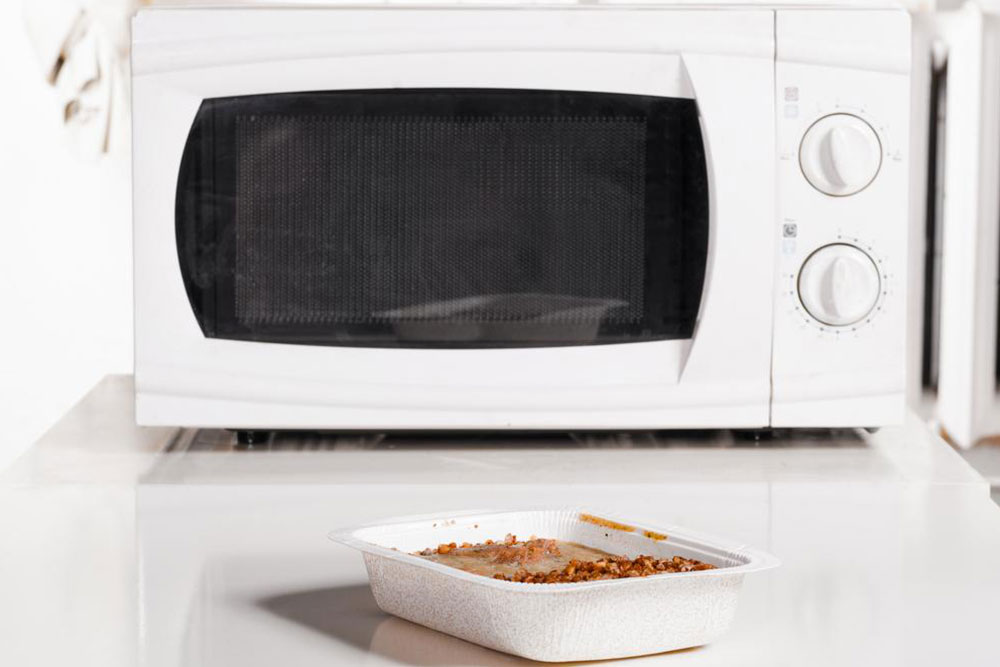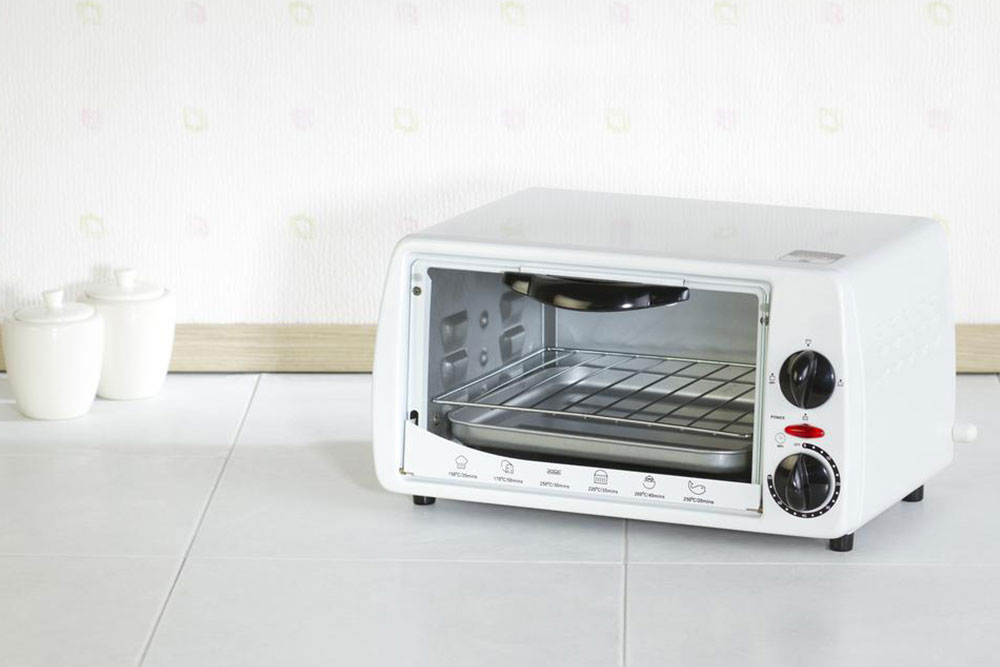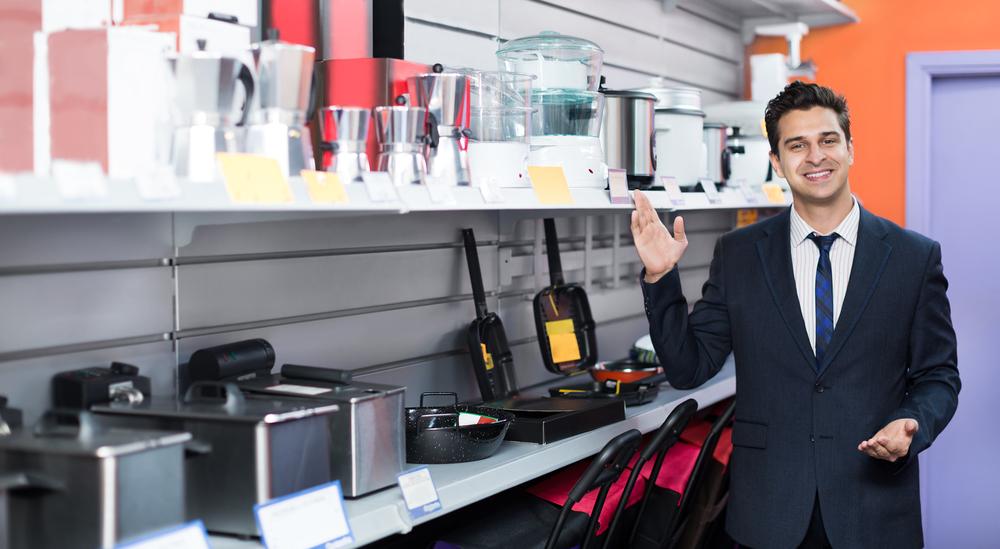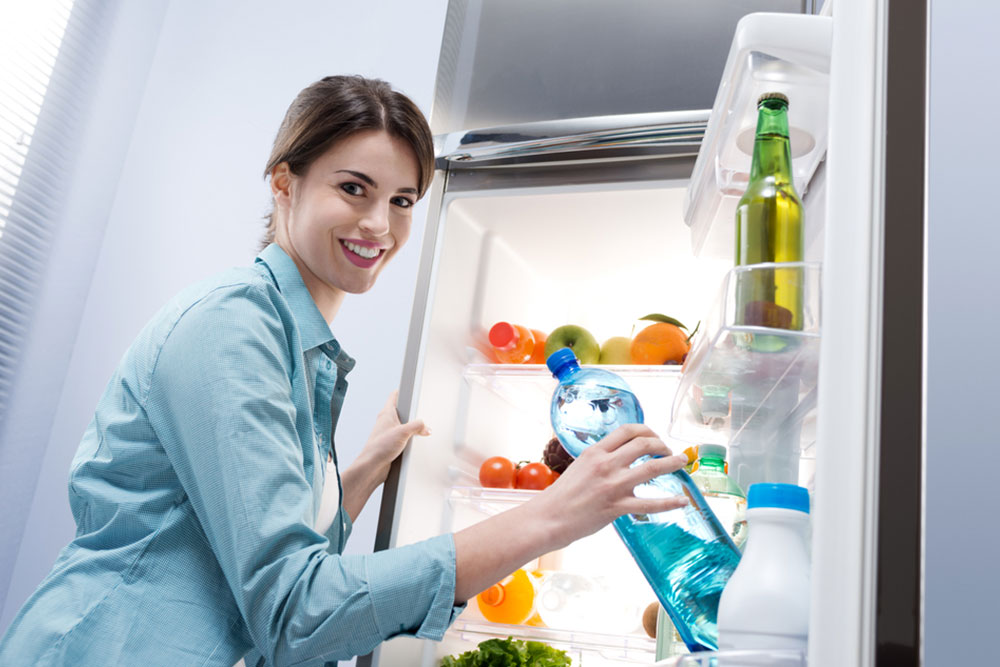Comparing Electric and Gas Cooking Appliances: Pros and Cons
This article compares electric and gas cooking appliances, highlighting their benefits and drawbacks. Electric models are praised for their ease of cleaning and stability, while gas cooktops offer rapid heating and precise control. Factors like cost, safety, and performance are discussed to help consumers choose the best fit for their kitchens and cooking needs.

Electric vs. Gas Cooking Devices: Benefits and Drawbacks
Selecting the right cooking appliance depends on your cooking style and home setup. Both electric and gas options offer unique advantages tailored to different needs. Consider your preferences carefully before making a decision.
Electric vs. Gas Cooktops
Electric ovens are often chosen by those without access to gas lines, while many chefs prefer gas burners for their quick heating and precise control. Safety is another consideration, as electric models eliminate gas leak risks. Price and performance differ, with smooth-top electric ranges gaining popularity. Gas cooktops tend to be more costly upfront but may be cheaper to operate depending on energy prices in your area.
Popular Choices: Electric smooth-top ranges are appreciated for their modern look and efficiency.
Cost Factors: Gas models generally have higher initial costs but lower operational expenses over time.
Both electric and gas cooktops excel in different areas. Gas appliances heat quickly and offer precise flame adjustments, ideal for high-heat cooking. Electric ranges provide consistent, even heating, perfect for baking. Many models include multiple burners, with high-end options offering up to five, and feature double ovens with extra racks. They are designed to fit seamlessly into kitchen cabinets or as drop-in units, available in both electric and gas formats.
Pros and Cons of Gas Cooktops
Gas stoves heat rapidly with immediate flame control, making them suitable for diverse cooking styles. Natural gas or propane tends to be more economical than electricity. However, flames can be affected by drafts, and spills may be harder to clean. Additionally, their open flame poses safety concerns if not properly maintained.
Advantages and Disadvantages of Electric Cooktops
Electric ranges are simple to operate and maintain, offering uniform heat for consistent cooking results. They often feature additional functionalities like warming drawers and fans. The main challenge is reliance on electricity; power outages make them unusable. Ceramic cooktops are prone to cracking from impacts or scratches, and cleaning spills can be labor-intensive.


